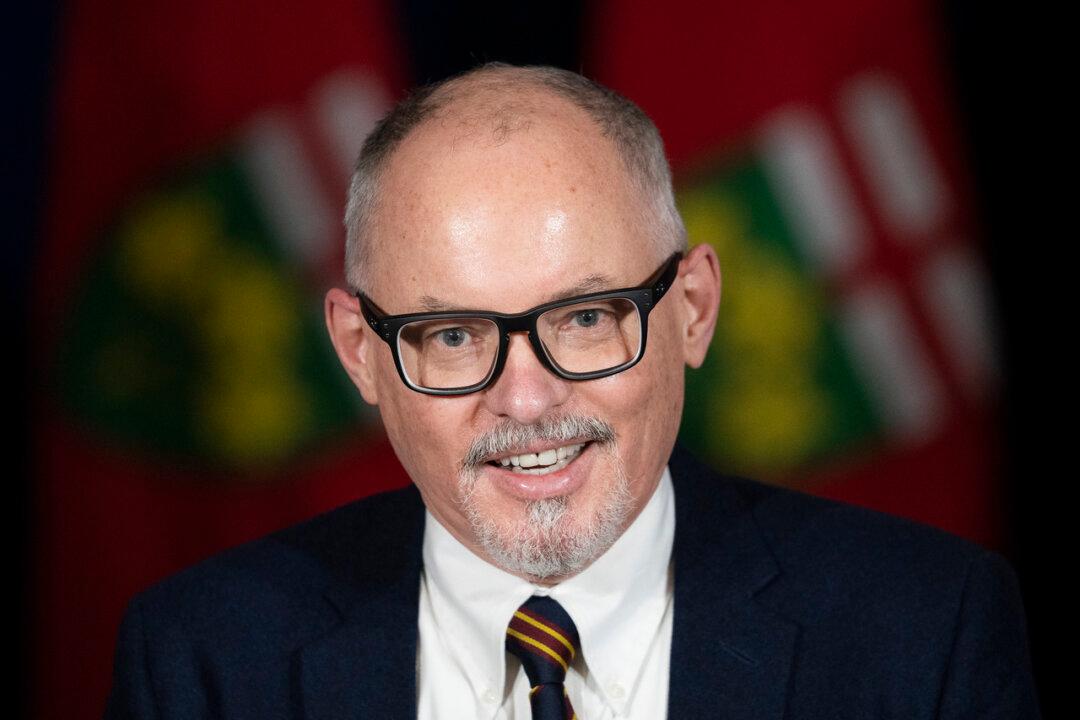Ontario’s vaccine passports will soon go under review so a plan for lifting the COVID-19 mandates can be developed, the province’s chief medical officer said, as the province enters a state of emergency over protests against the governments’ COVID-19 mandates.
Dr. Kieran Moore made the announcement in a press conference on Thursday, where he said the public health indicators continue to show an improvement in the COVID-19 situation in Ontario, though the province will still not immediately lift the mask mandate or the proof of vaccination system.





